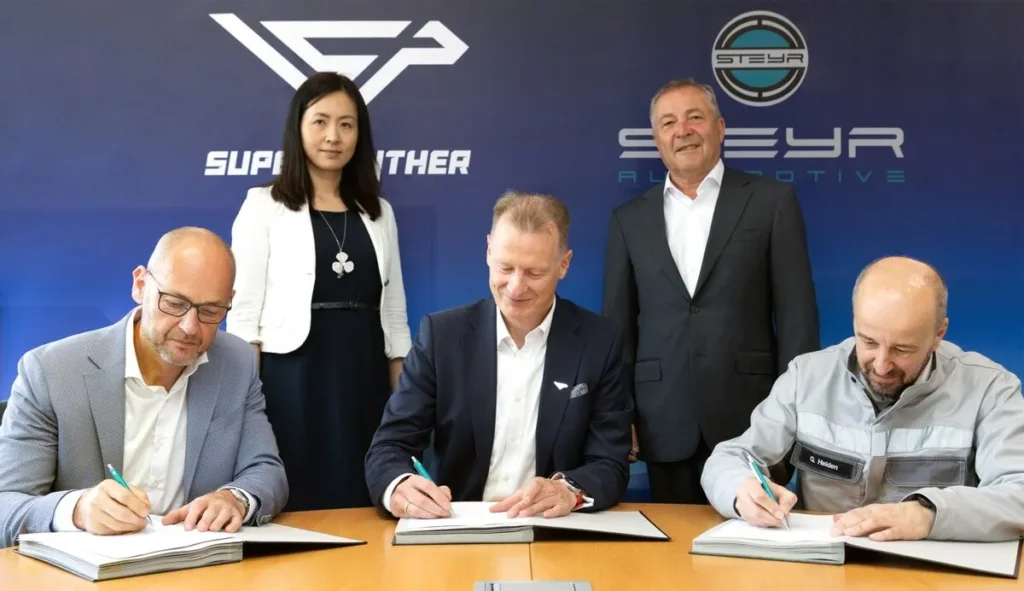The European Commission has published its final decision to extend anti-dumping and anti-subsidy tariffs on truck and bus tyres produced in China.
The new tariffs range from €21.12 to a maximum of €78.90 per tyre and come into force immediately upon the publication (16 January) of Commission Implementing Regulation (EU) 2025/58 and Commission Implementing Regulation (EU) 2025/61, both dated 15 January 2025. The provisional duties have been extended until 16 January 2030.
The measure was first introduced by Brussels in May 2018. The regulation, initially covering only certain brands, was a response to a complaint by the “Coalition Against Unfair Competition in the tyre Industry.” The coalition sought to determine whether tyres imported from the People’s Republic of China were being sold at prices lower than domestic market rates or even below production costs. Such practices are considered dumping within the European Union and are prohibited.
This led to a final ruling (EU Implementing Regulation 2018/1579) on anti-dumping duties on 18 October 2018 and a subsequent amendment on countervailing duties (EU Implementing Regulation 2018/1690) on 9 November 2018. However, these regulations were later annulled by the Court of Justice of the European Union on 4 May 2022, following a complaint filed by the China Rubber Industry Association (CRIA) and the China Chamber of Commerce of Metals, Minerals and Chemicals Importers and Exporters (CCCMC).
After a further investigation, the European Commission re-imposed duties on Chinese tyres on 4 April 2023 through Commission Implementing Regulation (EU) 2023/737 (anti-dumping duties) and 2023/738 (countervailing duties). Applicable until 16 January 2025, the countervailing duties ranged from €3.75 to €57.28 per unit.
The European Commission cited the following reasons for extending the duties:
- Persistence of Dumping and Subsidies: Chinese state policies, such as the 14th Five-Year Plan and the Made in China 2025 strategy, continue to encourage production and exports through subsidies and unfair practices.
- Risk to European Industry: The absence of tariffs would likely lead to a significant increase in imports at unfair prices, negatively affecting jobs, investment, and competitiveness in Europe.
- Protection of the Internal Market: The reduction in China’s market share from 21.3% to 5.4% demonstrates the positive impact of tariffs on European industry.









